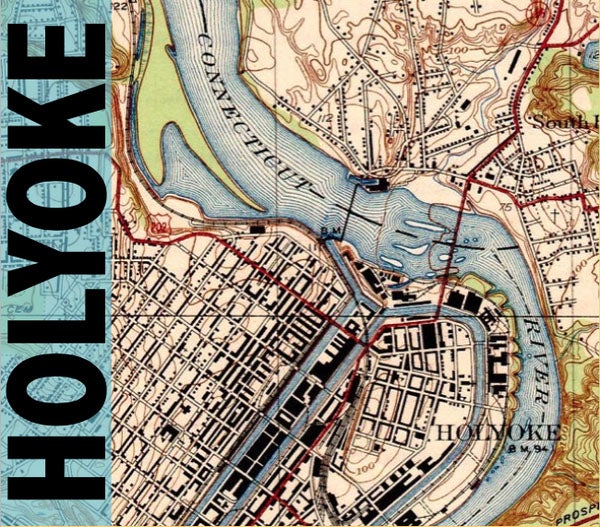A new report by the Berkman Center for Internet & Society at Harvard University, “Holyoke: A Massachusetts Municipal Light Plant Seizes Internet Access Business Opportunities,” documents the success of a municipally-owned electric utility in providing Internet access services.
The case study, which was co-written by Berkman Fellow David Talbot, Waide Warner, Carolyn Anderson, Kira Hessekiel, and Daniel Dennis Jones, found that the broadband network created by Holyoke’s municipal utility has saved the city about $300,000 per year in Internet costs and has been profitable for five of the last 10 years.
Massachusetts has 41 such “munis” –- serving more than 900,000 people and thousands of businesses -– but only 10 are in the Internet access business as allowed by state law. The Holyoke Gas & Electric Department’s telecom division competes with Comcast and Charter and serves 300 business customers and numerous public buildings. It has shown steady growth in revenues, and $500,000 in net earnings over the past decade. HG&E’s telecom division is also now providing a variety of services to three other municipalities. Finally, the utility is considering a residential high-speed Internet access offering, something the muni in neighboring Westfield is piloting later this year. HG&E’s success in a competitive environment was achieved without any debt issuance, tax, or subsidy from electricity or gas ratepayers.
Key Findings:
- HG&E Telecom saves city offices and HG&E itself more than $300,000 a year by providing Internet access and networking and telephone services to public agencies.
- The utility provides approximately 300 businesses and large institutions with telecom services and creates competition, which tends to improve service offerings from all market participants, aiding the local economy.
- HG&E Telecom forged inter-municipal agreements that extend services and accompanying benefits to the neighboring city of Chicopee and to the city of Greenfield, 30 miles north.
- While HG&E Telecom has focused on selling services to businesses, the utility is now considering a residential fiber-to-the-home (FTTH) offering, given the declining market pressure to provide television content.
- Demonstrating that a municipal light plant can diversify into the consultancy business, HG&E Telecom also recently became project and network manager for a FTTH project in the town of Leverett.
- HG&E Telecom has shown steady growth in the face of competition, never incurred debt, and has reaped a 10 percent profit in both 2013 and 2014.
